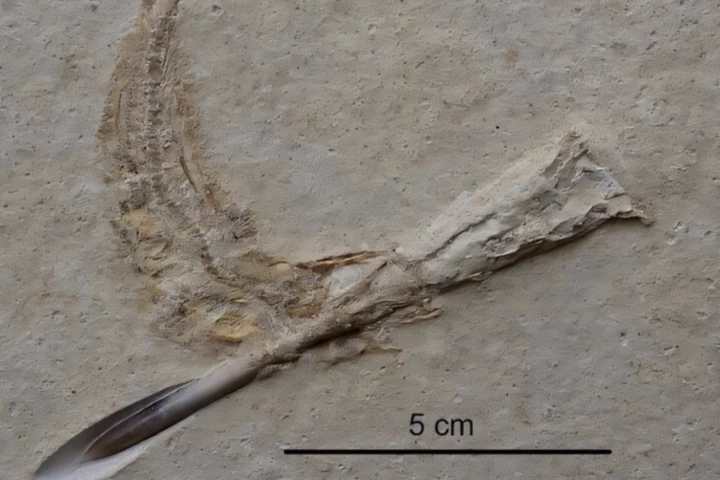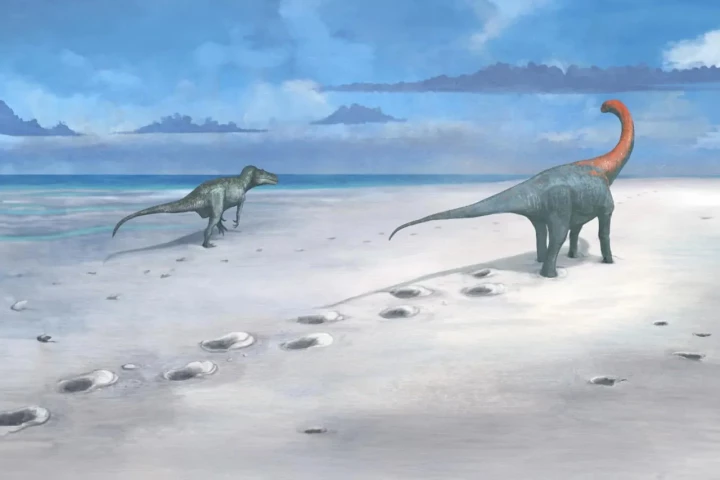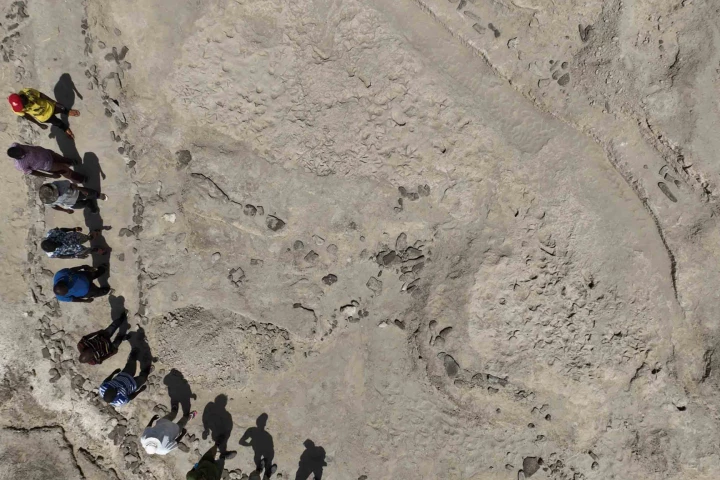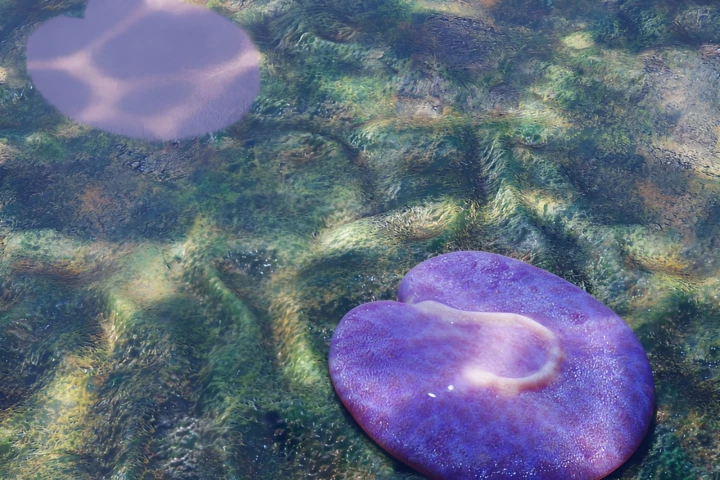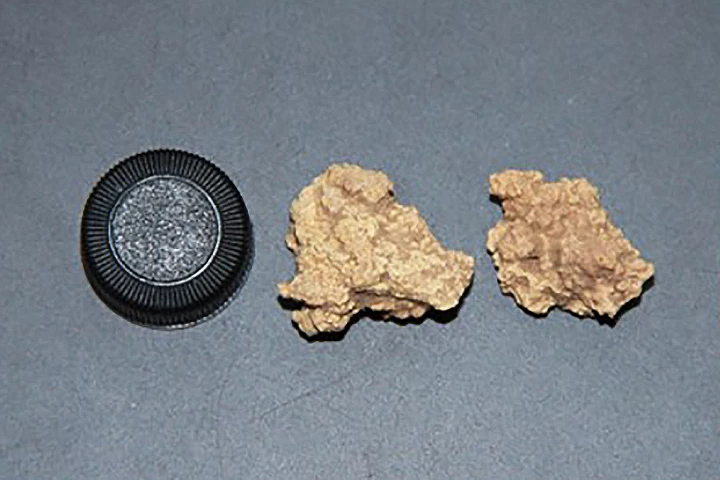Fossils
-
The first known cases of accidental choking have been discovered, dating back 150 million years, when some ambitious fish got more than they bargained for while picking off algae from squid-like carcasses. It's history's oldest mealtime misadventure.
-
For the first time, scientists have pieced together the diverse diet of a sauropod species, using advanced technology to assess the fossilized stomach contents that make up the dinosaur's last meal, which took place around 95 million years ago.
-
If you ever travel back in time to the reign of dinosaurs, don’t touch any flowers – it might just be a parasitic wasp in disguise. Analysis of wasps preserved in amber show how the insect ensnared hosts for its larvae with a Venus flytrap-like butt.
-
Everyone's favorite prehistoric shark may have been much sleeker and much larger than previously thought. A new study suggests that the megalodon wasn't as stocky as the great white shark, and that it could have reached over 24 m (80 ft) in length.
-
You may think that if a species died out millions of years ago, its design would be too old to have any applications in our technology. A new analysis of pterosaur bones, however, suggests that they could inspire lighter, stronger aircraft materials.
-
You might think that by now, we would have learned all we're ever going to know about plesiosaurs. Such is not the case, however, as a recent study indicates that the creatures had smooth skin on some parts of their body, and hard scales on others.
-
A quarry in South East England has yielded a fascinating paleontological discovery: long tracks with a total of 200 footprints left by enormous dinosaurs that roamed the earth during the Middle Jurassic Period, some 166 million years ago.
-
A new discovery in Kenya shows that ancient human relatives crossed paths – literally. Paleontologists have discovered the first known example of fossil footprints left by two different species of ancient hominins on the same day.
-
Scientists have charted how dinosaurs rose to prominence using a pretty unconventional method. They studied, in dirty detail, hundreds of samples of fossilized poop and vomit.
-
Many of us have had a tooth pulled in the dentist's chair, and even with anesthetic, it's not pleasant. So spare a thought for the people who, for millennia, chose to have good teeth yanked out with no painkillers – all in the name of beauty (mainly).
-
A surprise discovery in the Australian outback has delivered exciting insight into the origins of complex animal life. The animal fossil, dating back half a billion years, shows when bilateral symmetry emerged – a hallmark of most life on Earth now.
-
Bizarre clumps of organic matter found buried alongside Bronze Age mummies in China have now been identified as cheese. New DNA analysis has finally solved a long-standing mystery, and it makes it the oldest cheese ever found, dating back 3,600 years.
Load More
